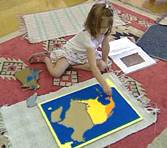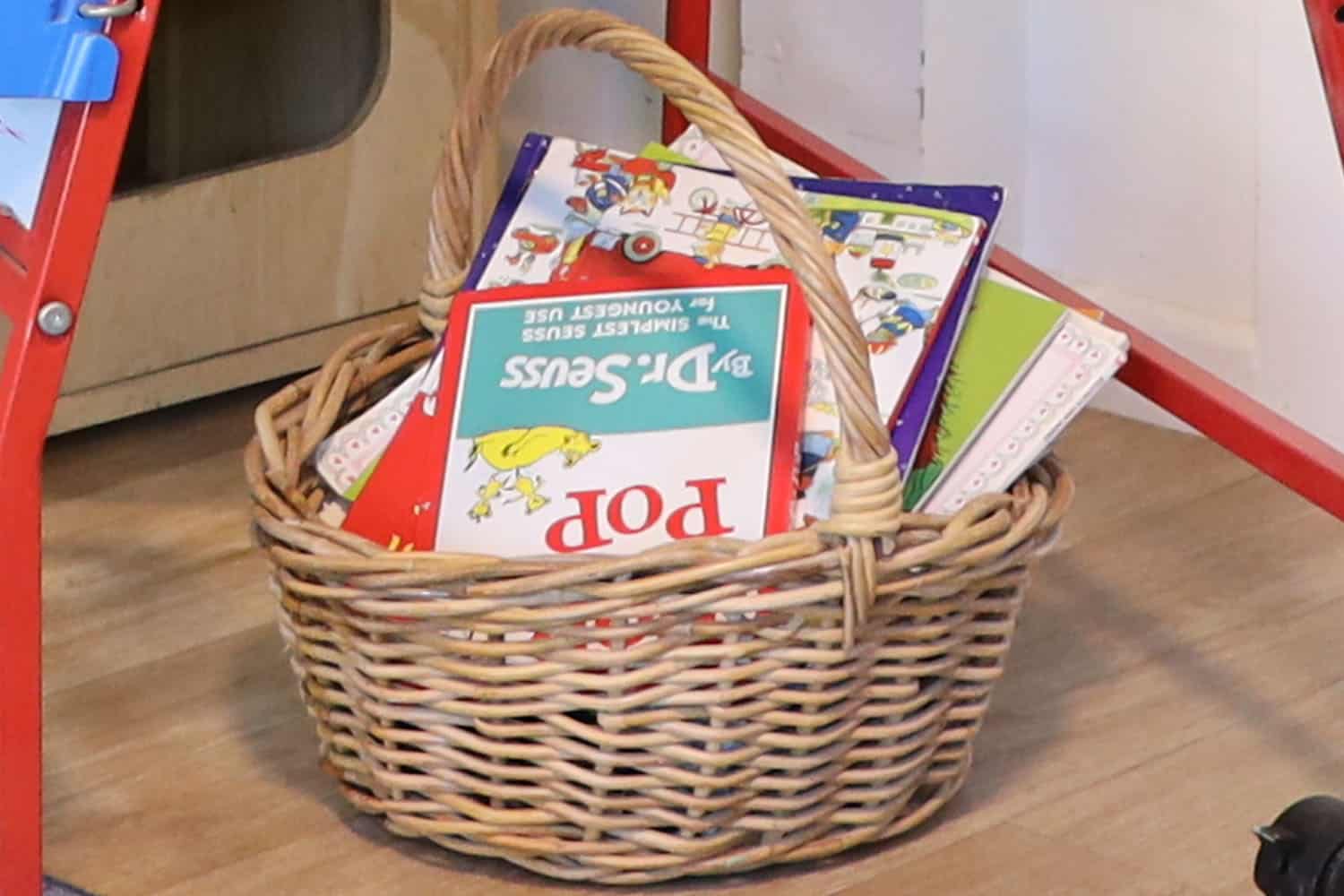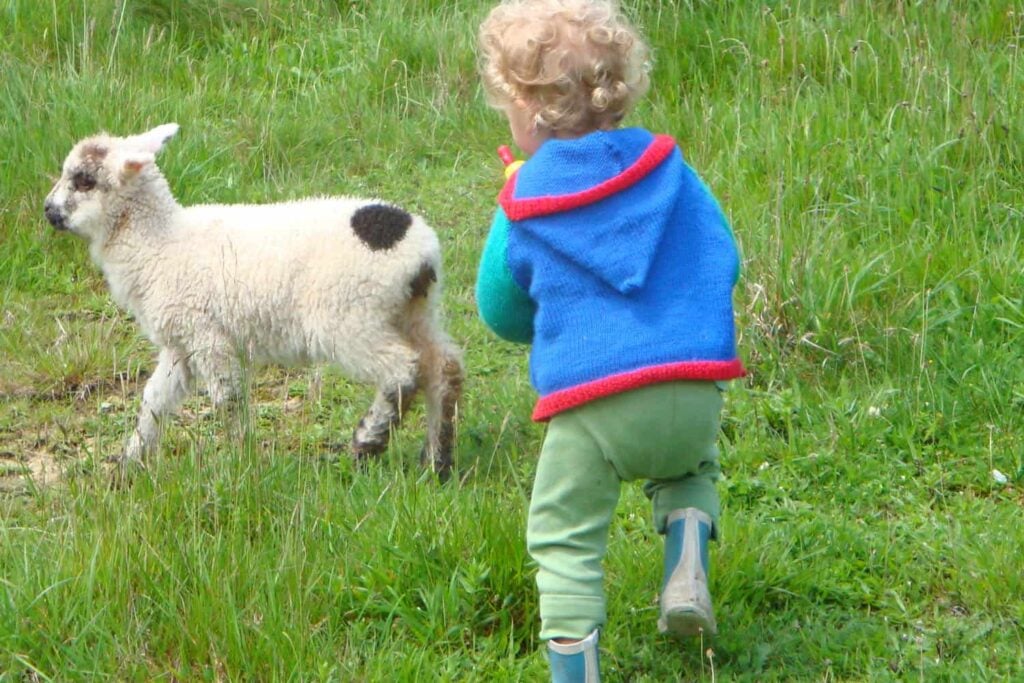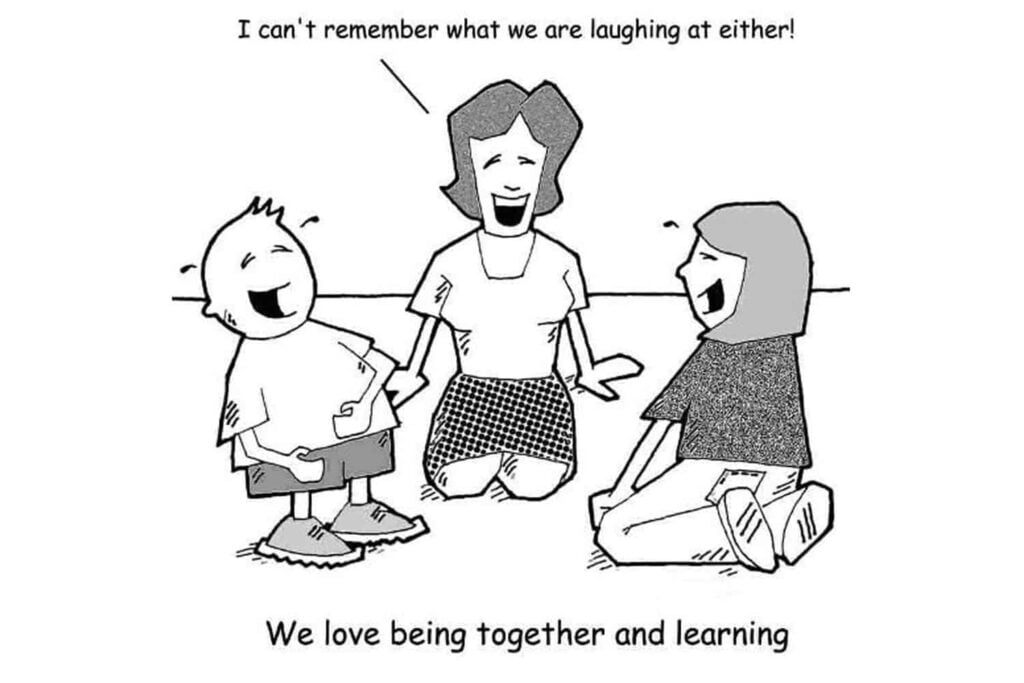Educational inequalities.
A review by Sarah Alexander.
Introduction
A popular notion in our society is that participation in ECE is something that advantages (all) children in their development and gives them the best head start for school.
However, this notion has been exposed as wishful thinking by the findings of a large scientifically rigorous study reported in an international scientific journal alongside a now considerable body of research on the effects of ECE on children (e.g. see Magnuson, et. al., 2004).
Education Inequalities Among Children
Preschools reduce early academic-achievement gaps – A U.S.A. Study by Tukder-Drob

The study examined the extent to which variation in achievement was reduced by ECE and the extent to which these reductions could be accounted for by family macro-level and parenting characteristics.
Children’s achievement was measured at ages 2, 4, and 5 to identify first what was evident before and after ECE enrolment. (Note that this is an important part of the research design as previous research has pointed to the quality of the home-learning environment and parenting as critical mediators of SES differences in children’s educational outcomes e.g. see Lugo-Gil & Tamis-LeMonda, 2008).
Researcher, Tucker-Drob (2012) used data from the Early Childhood Longitudinal Study, Birth Cohort (ECLS-B) twin sample which was representative of twins born in the United States in 2001. The twin design enabled separation of the disparities in achievement associated with the between-family environment from disparities in achievement associated with the unique within-family environment and with genes.
The findings show that enrolment in ECE can help to reduce the early academic achievement gap between children from different backgrounds, by facilitating the cognitive development of children from disadvantaged home backgrounds. The lower the socio-economic status (SES) of the family and the less cognitive stimulation received at home the better the child’s academic achievement is if the child is enrolled in ECE versus not enrolled.
While for children for whom attending an ECE centre does not substantially add to what they would receive if they did not attend, the study reveals that little, if any, cognitive advantage is to be gained from ECE. In other words if the ECE centre does not provide a higher quality learning environment than what the child otherwise has access to then ECE will result in little, if any, significant positive difference to children’s early academic achievement levels.
Children whose parents engage in stimulating developmentally appropriate interaction do better in maths if they are not enrolled in ECE. Children whose parents engage in stimulating developmentally appropriate interaction are similar in reading achievement to children who are in ECE.
Socio-economic status is also a strong intervening variable. Children from families with low SES and low parent engagement in stimulating developmentally appropriate interaction do better by age 5 in reading and maths if they are enrolled in ECE. Conversely, children from families with high SES do better in reading and maths at age 5 if they are not enrolled in ECE.
The study author cautions that although the results provide perhaps the strongest evidence yet of ECE having early academic achievement benefits for disadvantaged children (low socio-economic status combined with low parental stimulation and ethnic minority status), few studies that have similarly reported immediate benefits have shown the benefits to persist in the long term.
Inequalities in children’s experiences following ECE can serve to wash out early gains, if for example, the school children go on to does not continue to bolster this early achievement. Thus, financial investment in ECE for the purpose of reducing the achievement gap may only be effective if the early gains for children continue to be supported through their schooling.
References
Lugo-Gil, J., & Tamis-LeMonda, C. S. (2008). Family resources and parenting quality: Links to children’s cognitive development across the first 3 years. Child Development, 79, 1065 – 1085.
Magnuson, K., Meyers, M., Ruhm, C., & Waldfogel, J. (2004). Inequality in preschool education and school readiness. American Educational Research Journal, 41, 115 – 157.
Tukder-Drob, E. M. (2012). Preschools reduce early academic-achievement gaps: A longitudinal twin approach. Psychological Science, 23(3), 310 – 319.







